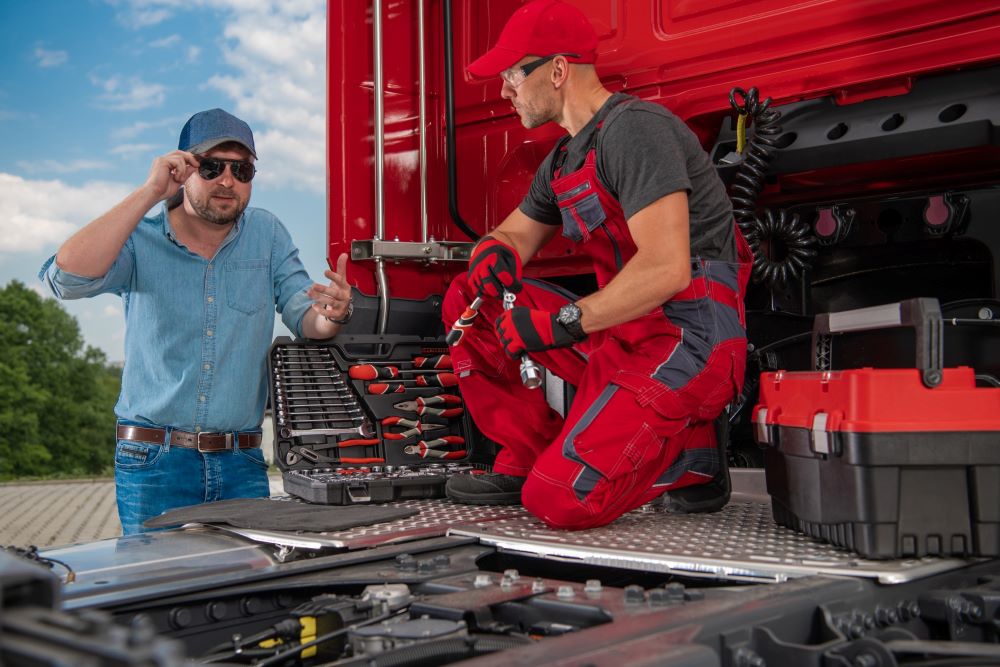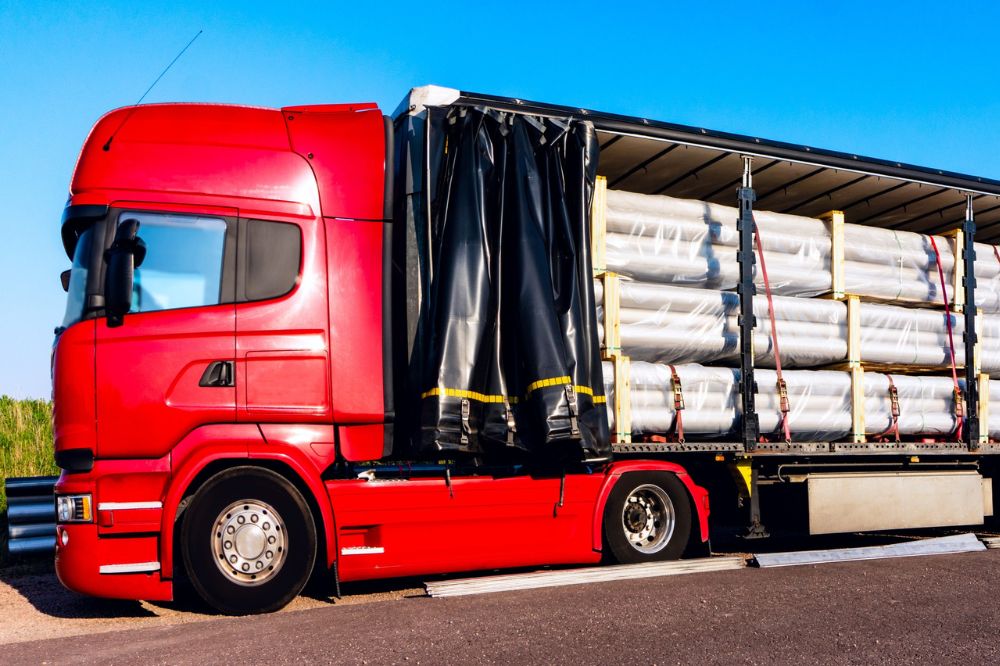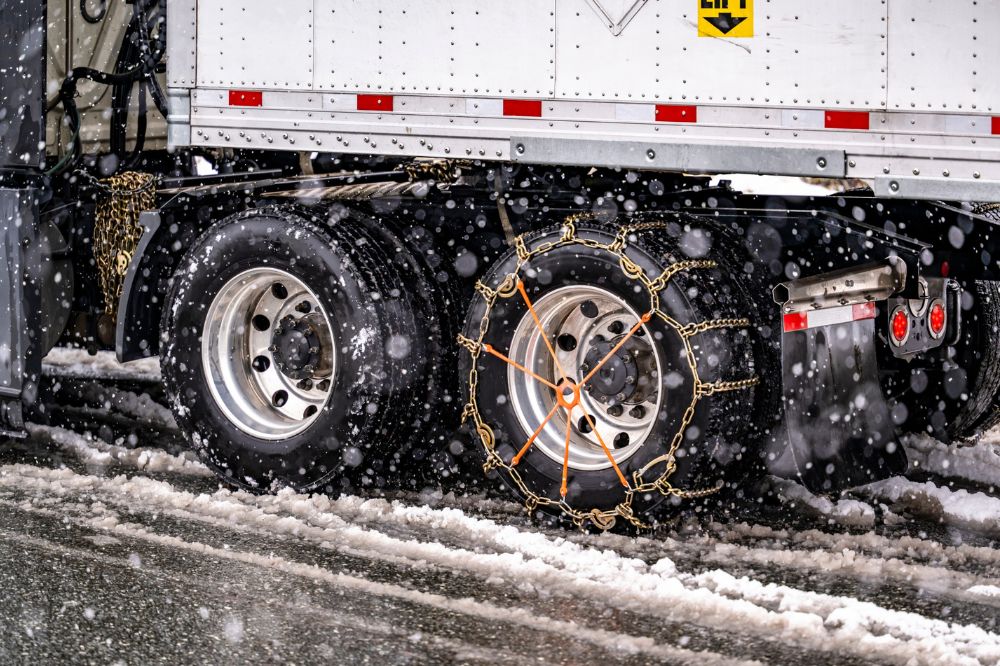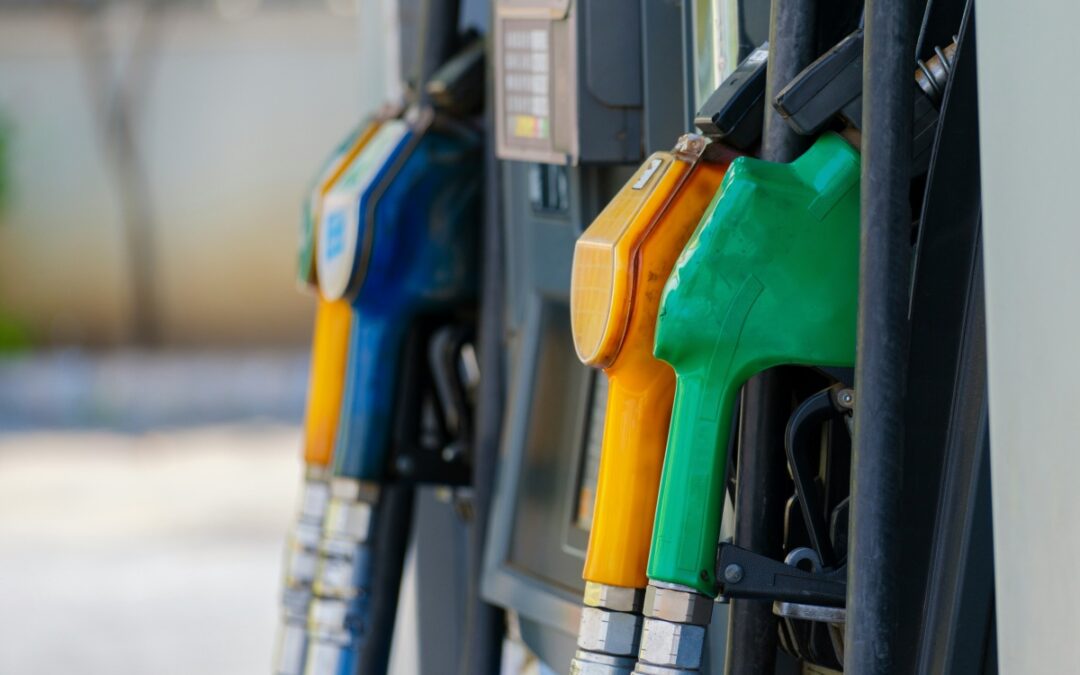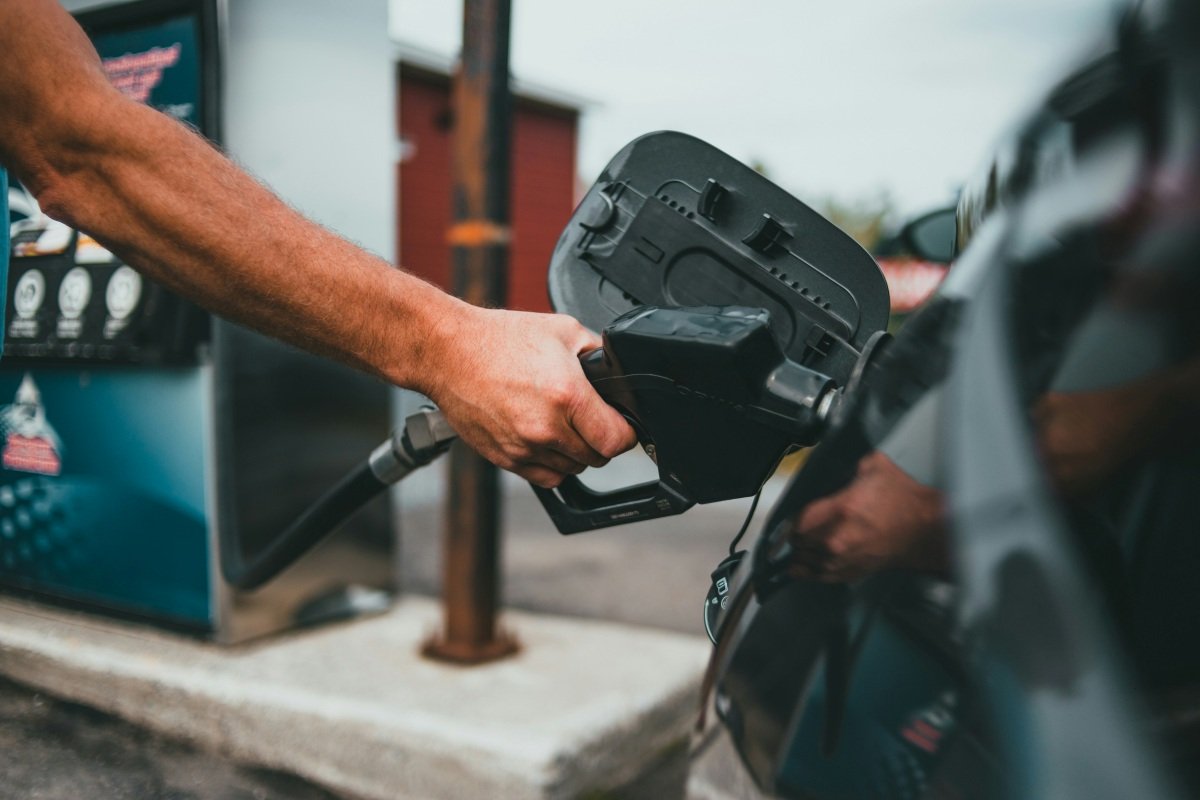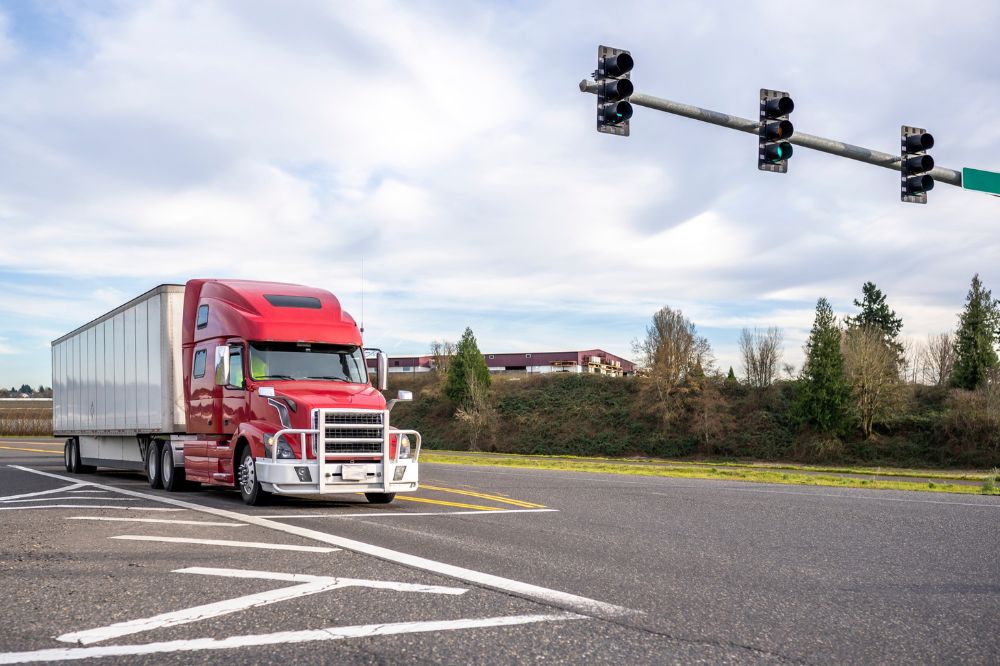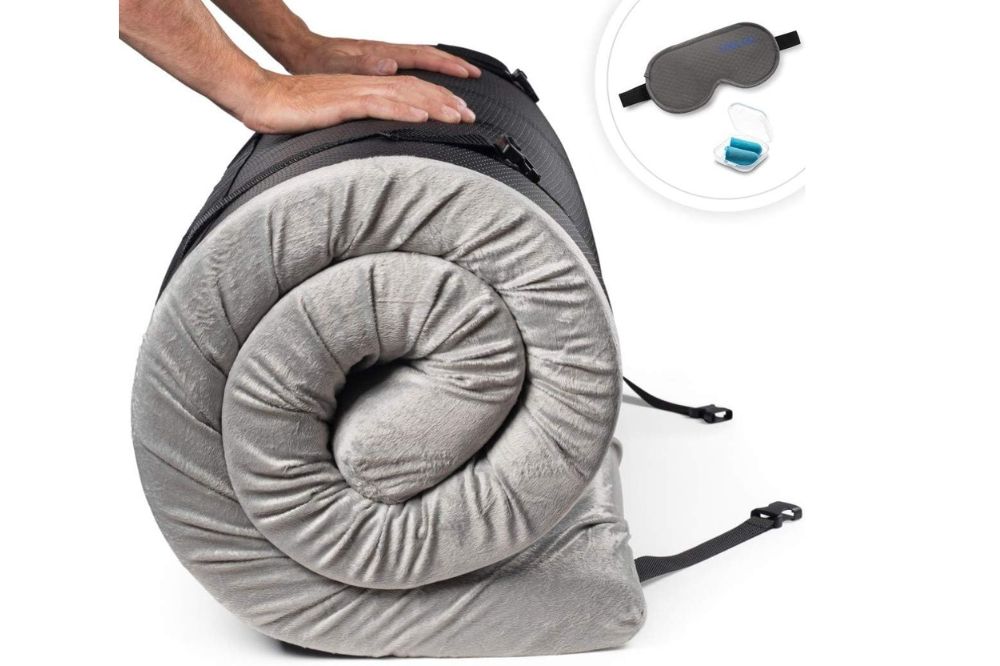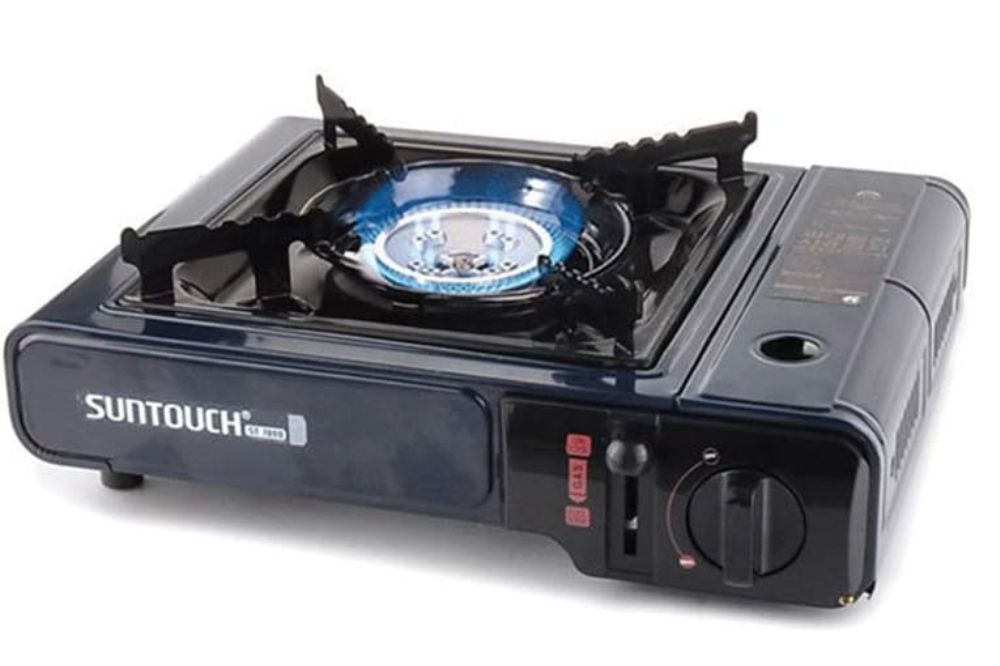The trucking industry offers lucrative career opportunities. To access and advance in these roles, it’s essential to recognize the importance of training and continuing education for truck drivers.
Keeping your skills current is a great way to stay updated on industry trends, regulatory changes, and safety protocols, ensuring you remain competitive.
Here are some key educational options to consider for enhancing your skills and advancing your career in the transportation industry.
Education Opportunities Within The Semi-Truck Industry
You can easily participate in further training opportunities tailored for the trucking industry as short online courses, workshops, and certification programs without interrupting your regular trucking schedule. Some critical truck driver education programs to consider include:
CDL Refresher Course
All commercial motor vehicle operators require a commercial driver’s license (CDL) to operate their vehicles. However, there are different classes of CDLs. Each class allows you to drive specific, more specialized commercial vehicles.
Taking commercial driver’s license CDL refresher courses helps you improve the skills needed to operate different trucks based on the CDL you hold. A well-curated CDL refresher course provides hands-on, current, behind-the-wheel training, including various truck driving techniques, such as:
- In-cab air braking
- Proper shifting and movement in traffic
- Backward movement and control, especially in highway vs. city driving
You’ll also get the required training on commercial vehicle inspection and maintenance activities to remain aligned with the Commercial Motor Vehicle Safety Act amendments. This way, you can avoid hefty penalties, which might interfere with your trucking operations.

Defensive Driving
Defensive driving courses teach safe driving techniques to new and experienced truck drivers. They help you understand how to predict and avoid risky road situations, thus preventing accidents.
Most defensive driving programs employ both classroom and behind-the-wheel instruction methods to teach various safe driving best practices, including:
- Choosing the right truck driving speed based on fluctuating road conditions
- Staying alert so you can notice and quickly respond to any mistakes other drivers make
- Skid control
- Emergency maneuvers
- Fatigue management
- Winter and night driving, etc.
The primary goal of defensive driving courses is to promote your safety and the safety of other road users. But their benefits extend beyond safety. Check out our detailed guide on a defensive driving course for truckers to learn more.
Hazmat Training
The Department of Transportation (DoT) requires truck drivers to obtain additional certifications to transport hazardous materials. Hazmat training offers all the skills and knowledge you need to meet DOT regulations and access hazardous materials transportation jobs.
A complete hazmat training program includes:
- General awareness or familiarization training
- Hazmat transportation safety training
- Function-specific training
- Security awareness training
- In-depth security training, where an elaborate security plan is required
At the end of each hazmat training course, you’ll have to sit for a test by the Pipeline and Hazardous Materials Safety Administration (PHMSA) to get certified before you perform hazmat job functions.
Load Securement
Proper loading and cargo securement are vital skills for commercial drivers. It helps you to:
- Promote road safety by minimizing the risk of road accidents because of shifting loads or cargo falling into the road
- Prevent cargo damage as a result of tipping or shifting during transportation
- Comply with federal regulations on cargo securement to uphold road safety standards

Continuing Education For Truck Drivers
If you take this course, you’ll be well-versed with several techniques in securing different loads, increasing your competence in the truck driving sector. Some vital load securement best practices offered include:
- Pre-transportation planning to identify the most effective load securement method and equipment
- Use of high-quality chains, straps, and tensioning devices to ensure cargo stability
- Regular pre-trip inspections and maintenance of the load securement equipment
- Adjusting your cargo securement techniques according to fluctuating weather, etc.
Passenger Endorsement
Passenger endorsement increases the scope of your future career opportunities within the transportation industry. It is mandatory for drivers ferrying passengers for profit or reward and those operating large passenger service vehicles even if they’re not getting paid.
With this endorsement, you can operate any commercial vehicle designed to transport 16 passengers or more, including the driver. A few examples of these vehicles are motor coaches, public service, and livery vehicles. It’s critical to note that you’ll need a valid class B license to enroll for this course in most states.
Also, consider getting the small vehicle passenger endorsement required to drive small passenger service vehicles with 12 seats or less. This lets you access various job opportunities, including driving taxis, shuttles, private hire, and app-based service vehicles.
Earning A College Degree On The Road
You can enhance your qualifications by pursuing a college degree while on the road, thanks to the flexibility of online education. Use downtime during long hauls to study, such as reading or writing papers at truck stops, listening to lectures, or taking night or weekend classes.
Consider degrees in economics or business administration for new opportunities in trucking and logistics, or tech-related programs to stay competitive in an industry moving towards automation. Being tech-savvy will help you adapt to these changes and secure your future.

Education For Truck Drivers
The Importance Of Training And Continuing Education For Truck Drivers
You might wonder if continuing education for truck drivers is necessary. Why invest time and resources in enhancing your skills?
Continuing education is crucial for several reasons. First, it can boost your earnings, especially for owner-operators. Improved driving skills increase safety and efficiency, reducing accidents, insurance, and fuel costs.
Second, it ensures legal compliance. Staying informed about industry changes, like federal and state regulations on electronic logging devices, helps you operate legally and avoid penalties.
With better skills, compliance, and a stronger bottom line, your success in the trucking industry is more assured.
Conclusion
Continuous education and training are paramount to positioning yourself as a professional truck driver and setting yourself up for constant career growth in the trucking industry. Employers always seek truck drivers who show a commitment to learning and can adapt to the growing technologies in the transportation sector.
Be keen to connect and engage with various industry stakeholders to access the latest resources, educational programs, and networking opportunities that will help you stay informed and improve your job performance. You can do this by reading industry publications, joining professional associations, attending industry events, or participating in online forums and discussion groups.
We also curate a blog highlighting the latest industry news and trends to help commercial truck drivers succeed in their careers. Visit our blog to stay informed and gain expert insights on various topics.




